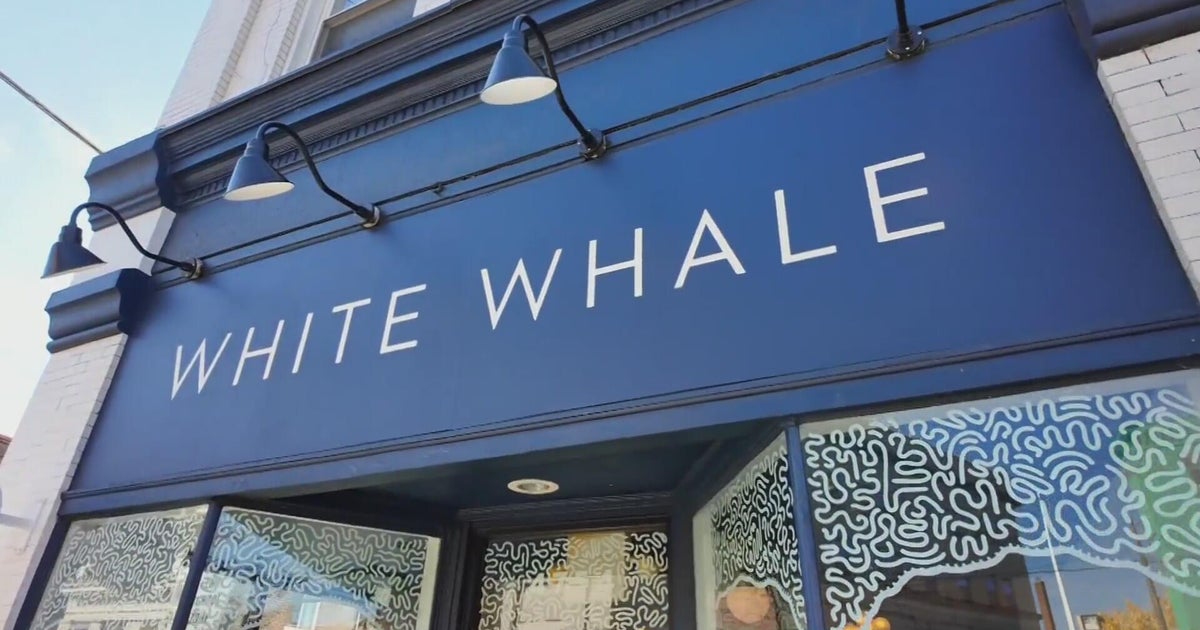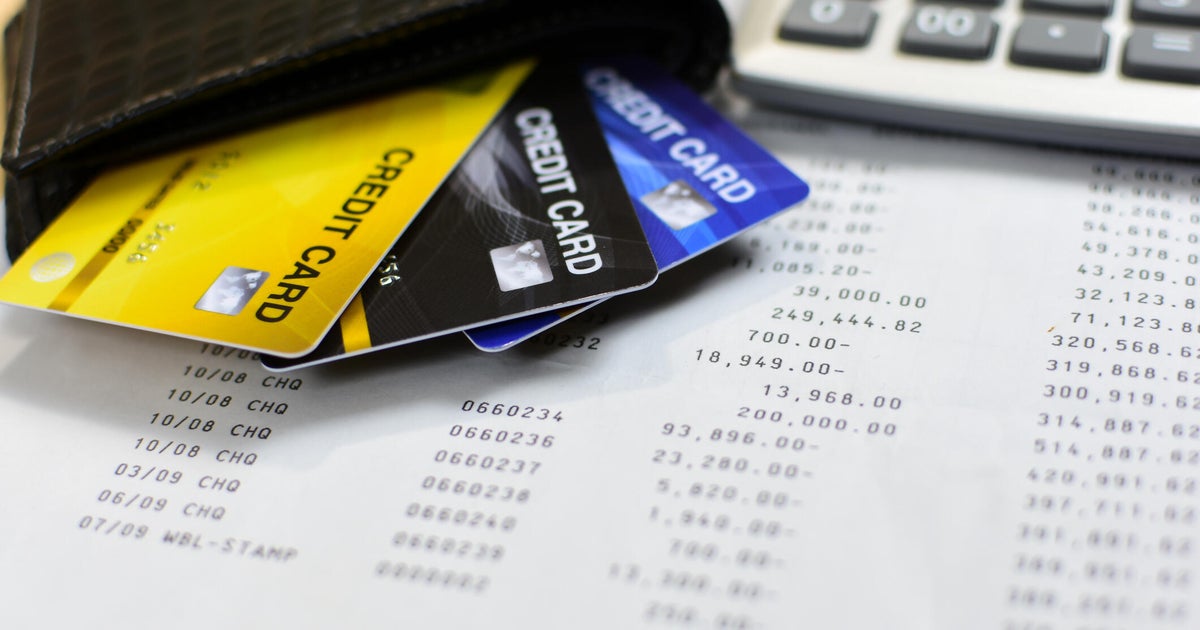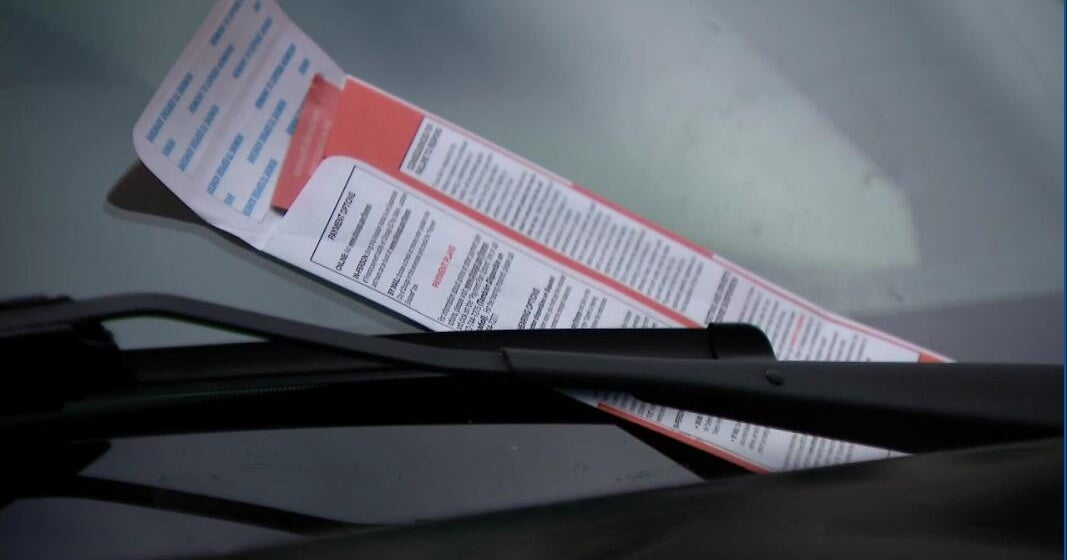Consumer Reports: Pros And Cons Of Store Credit
PITTSBURGH (KDKA) -- You browse, you decide and when you're ready to pay you're offered a 15 percent discount, or $20 dollars back right away, or free shipping by applying for a store credit card.
But Consumer Reports Money Adviser says resist the urge to immediately say, "Yes!"
"Some of the biggest stores like Bloomingdale's, Macy's and Sears charge around 25 percent interest on unpaid balances," Greg Daugherty with Consumer Reports, said. "That's about twice the average you'd pay with a traditional bank credit card."
Carefully look over cash back and rewards offers, too. Walmart touts one percent cash back on all purchases.
But in small type there's a big red flag. You have to spend $3,000 a year before you get the full one percent cash back.
But Consumer Reports did find stores whose cards offer very good cash-back terms. At L.L. Bean, you can get three percent back. The money comes in store coupons that you have a year to use.
Even better, Target's credit card gives five percent back right at the checkout.
"Stores like Target and Nordstrom offer a different kind of plastic – debit cards," Daugherty said. "These take money directly from your bank account. But if you overdraw, you can be hit with hefty fees, so they're not for everybody."
But for big purchases, do consider another type of store card from electronics and home stores like Apple, Best Buy, Lowe's, and the Home Depot. These generally offer six months to a year financing with no interest for big-ticket items.
However, pay the balance on time or interest will be charged retroactively.
"Store cards can have both good and bad effects on your credit," Daugherty explained. "They're generally easier to get than bank cards so they can help you build a credit history. But if you acquire too many at once, that can hurt your credit score."
RELATED LINKS
More Consumer News
Federal Trade Commission: Credit Reports







